Fieldwork
This listing expired on May 17, 2024. Please contact info@fieldsciences.org for any updated information.
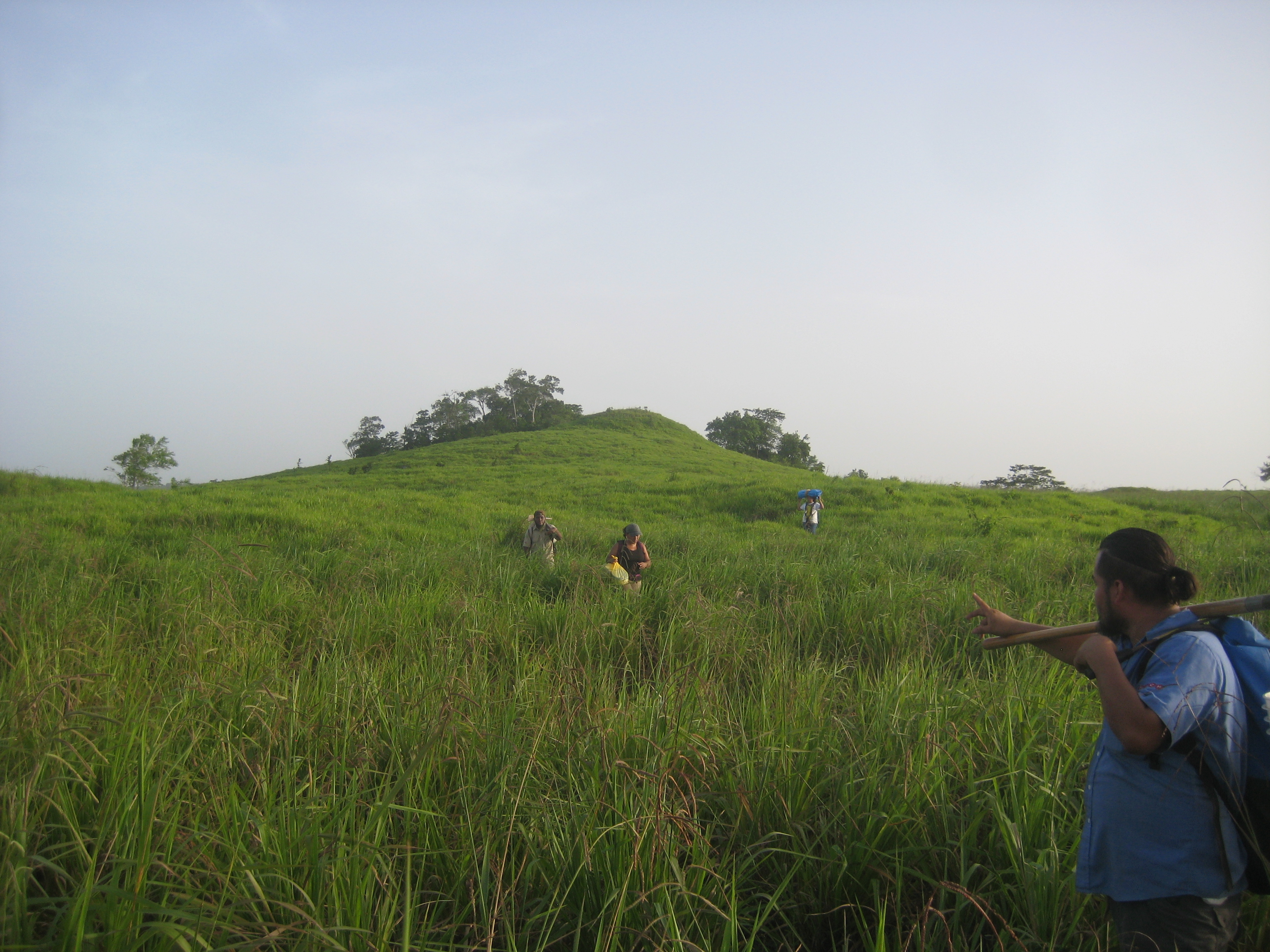
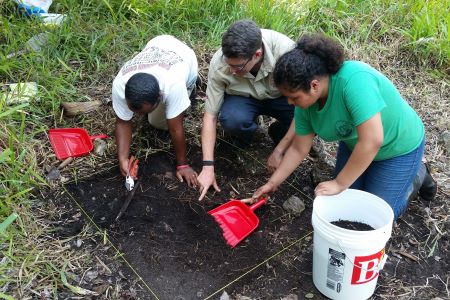
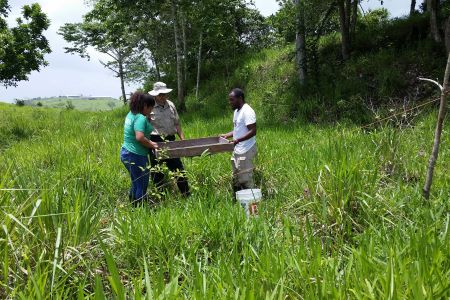
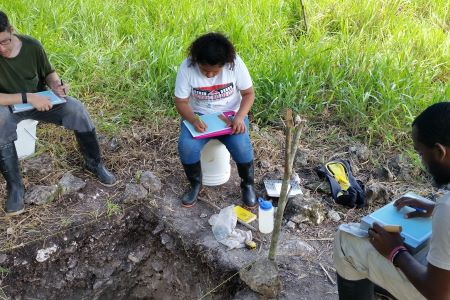

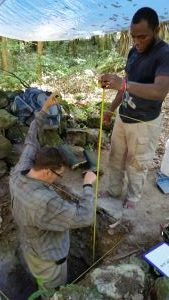
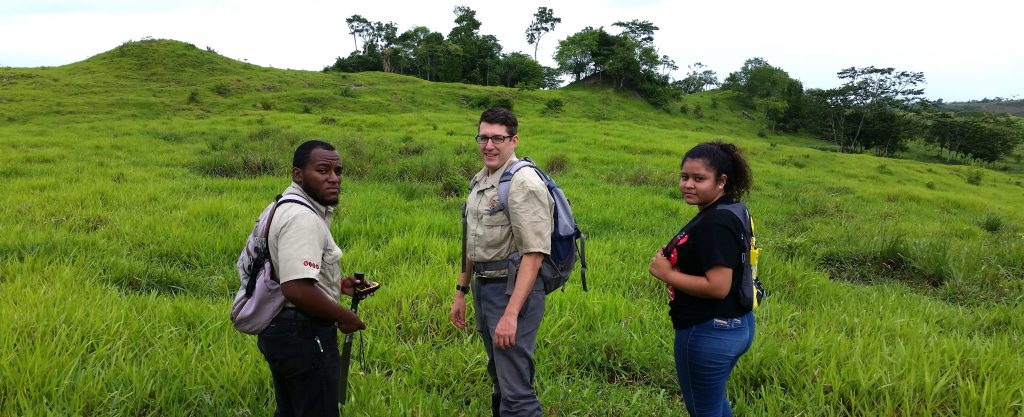
Location: 5VGW+2G Aguacate, Belize
Season: May 13, 2024 to June 9, 2024
Session Dates: Single session
Application Deadline: April 5, 2024
Deadline Type: Rolling
Website: https://www.fieldsciences.org
Discount for AIA members: None
Program Type:
Field School
RPA Certified:
No
Affiliation:
Belize Antiquaties Authority, University of Nevada Las Vegas, Center for Field Sciences
Project Director:
Dr. John Morris, Belize Antiquities Authority & University of Pennsylvania; and Mr. Eric Fries, University of Nevada Las Vegas
Project Description:
The Aguacate Regional Archaeology Project investigates a series of ancient Maya minor centers and their surrounding settlements. The sites are spread across a series of escarpments at the edge of the Yalbac Hills in western Belize. The region features an unusually high density of small, monumental sites, with a wide range of structures from elite residences, temples and ball courts to formal plazuela groups and individual house mounds. Current models of ancient Maya settlement distribution are insufficient to explain the density and extent of Maya populations revealed by recent advances in remote sensing. Particularly striking are examples of extensive house mounds and architectural remains located in regions at a distance from major centers. The wide variety of site and feature types in the project area allows us to provide training across the whole range of fundamental archaeological field skills. Students will gain experience in both regional and site survey methods, test excavations, exposure of structures, and the identification, recovery and processing of a wide variety of artifact types. Over the course of the program, students will become familiar with several phases of executing an archaeological field project, from establishing the research question, through data recovery and the initial phases of analysis.
Period(s) of Occupation: Maya
Notes:
Tuition: $4,355
Project Size: 1-24 participants
Minimum Length of Stay for Volunteers: Full session
Minimum Age: 18 years old
Experience Required: None. This is hands-on, experiential learning and students will study on-site how to conduct archaeological research. Field work involves physical work and exposure to the elements and thus requires a measure of understanding that this will not be the typical university learning environment. You will have to work outdoors and will get sweaty and tired. Students are required to come equipped with sufficient excitement and an adequate understanding that field work requires real, hard work, in the sun and wind. Most work on this project takes place in a tropical jungle environment with a variety of stinging plants, biting insects, and other environmental stressors. The work requires patience, discipline, and attention to detail.
Room and Board Arrangements:
Students will stay at a residence in central Belmopan, the capital city of Belize. The field house is located close to the central ring road, within walking distance to the market and several shops. Students will bunk two to a room. The house has a seating area, kitchen/dining area with refrigerator, and outdoor space which will also be used for artifact processing. Furniture, mattresses, electric fans, and housewares will be provided. The house will not have internet access or television, but internet cafes are available within walking distance.
Breakfast, lunch and dinner will be provided on field days (M-F) and field trip days (some Saturdays). Students are responsible for their meals on non-field trip Saturdays and all Sundays.
Breakfast and lunch will consist of prepared foods from local vendors, e.g. breakfast burritos, rice and beans with fried chicken, sandwiches with French fries and salad. Dinner will consist of cooked meals provided by a local in-house cook. The local staples are rice and beans, chicken, and tortillas, but a wide variety of foods are available, and dinners will vary. Tap water is not potable in Belize. The field house will have a supply of 5-gallon water jugs and a dispenser. Staff will ensure that there is plenty of drinking water available at all times.
Academic Credit:
8 Semester Credit Units (equivalent to 12 Quarter Credit Units) are awarded through our School of Record – Culver Stockton College
Center for Field Sciences
11209 National Blvd #137
Los Angeles
CA
90064
US
Phone: (562) 584-0761
The AIA is North America's largest and oldest nonprofit organization dedicated to archaeology. The Institute advances awareness, education, fieldwork, preservation, publication, and research of archaeological sites and cultural heritage throughout the world. Your contribution makes a difference.
Notifications